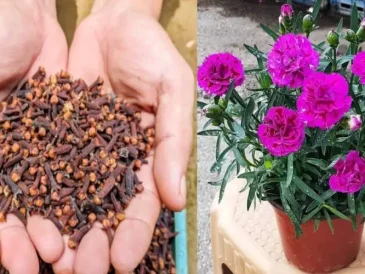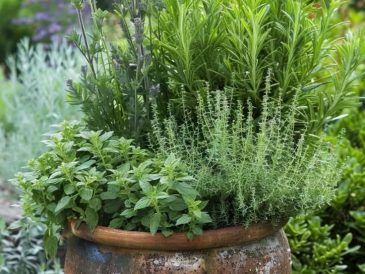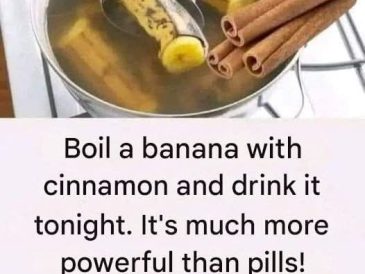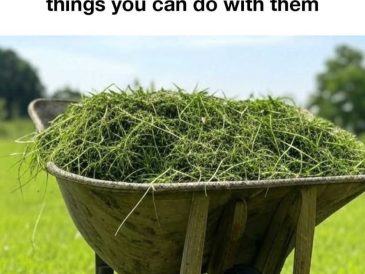After reading the title, I’m sure most of you were like, “Ah God, another gardener with her so-called “hacks” again”. I mean…if I was in your place, I would’ve had the same thought.
But, these are not the kind of hacks or tricks you’re expecting. They’re simple, helpful, and actually effective. Let’s go over them so you know exactly what I’m talking about!
14 Genius Gardening Hacks To Make Your Life Easier

1: Use Coffee Grounds As Fertilizer

Coffee grounds work incredibly well to give acid-loving plants a nutrient boost. Hydrangeas, blueberries, and tomatoes can all benefit from this, as long as you don’t sprinkle too much coffee and end up making the soil overly acidic.
2: Grow Veggies In 5 Gallon Buckets

If you have a knack for gardening but are low on space, 5-gallon buckets can help you pursue your hobby even with limited space. Vegetables like tomatoes, peppers, and potatoes thrive in buckets with proper drainage.
3: Eggshells For Natural Pest Control & Fertilization

I’ve mentioned using eggshells for gardening purposes often in my articles. Crush and sprinkle them around plants to deter slugs and snails while also adding beneficial calcium to the soil.
4: Banana Peel Fertilizer

Although this may sound a little weird, trust me, it works. Soak banana peels in water for 24 hours and use that nutrient rich water to feed your plants. They’ll most definitely appreciate the potassium boost.
5: DIY Self Watering System

All you lazy folks out there, give this one a shot. Make a small hole in a plastic water bottle, put a rope inside and fill it with water. It acts as a wick to slowly release moisture directly to the roots. It’s easy and super efficient.
6: Cinnamon As A Natural Antifungal

If you find that a seed starting mix doesn’t work well for you and attracts fungal diseases, try sprinkling some cinnamon on it to prevent fungal diseases from harming the seeds.
7: Use Toilet Paper Rolls For Seed Starting

Toilet paper rolls are easy to plant directly into the ground without disturbing roots or placing unnecessary stress on them.
8: Reuse Cooking Water For Plants

The water you use to boil vegetables and pasta (without salt of course) is actually full of nutrients. Instead of throwing it down the drain, cool it and use it for your plants.
9: Epsom Salt For Lush Green Leaves

If you notice weak foliage and discoloration in your plants, it can be due to low magnesium levels. Mix 1 tablespoon of Epsom salt per gallon of water and spray it on your plants to boost magnesium levels.
10: Milk Jug or Plastic Bottle Mini Greenhouses

Though a milk jug or a plastic bottle may sound like the smallest place to build a greenhouse, it can work quite well for small plants and herbs. Cut the bottom off a milk jug or the plastic bottle and place it over your seedlings for warmth and protection.
11: Vinegar To Kill Weeds (Safely!)

If there’s an overgrowth of weeds surrounding your plants, spray them with full-strength white vinegar to eliminate them. Avoid getting the vinegar on your plants though.
12: Mulch With Grass Clippings

Grass clippings actually work quite well as mulch. It retains moisture, suppresses weeds, and adds tons of beneficial nutrients to the soil as it decomposes.
13: Use A Fork To Keep Squirrels & Cats Out

If you have a problem with digging pests and animals in your garden, it may be a good idea to stick plastic forks upright in the soil around the space to keep them out for good. This will help keep your delicate plants safe and allow them to grow in peace.
14: Plant Marigolds For Natural Pest Control

Pests and insects can be a nuisance in the garden, especially when your plants are relatively young and can get damaged easily. Planting marigolds in close proximity can help repel aphids, nematodes, and even rabbits while adding great color to the landscape.




